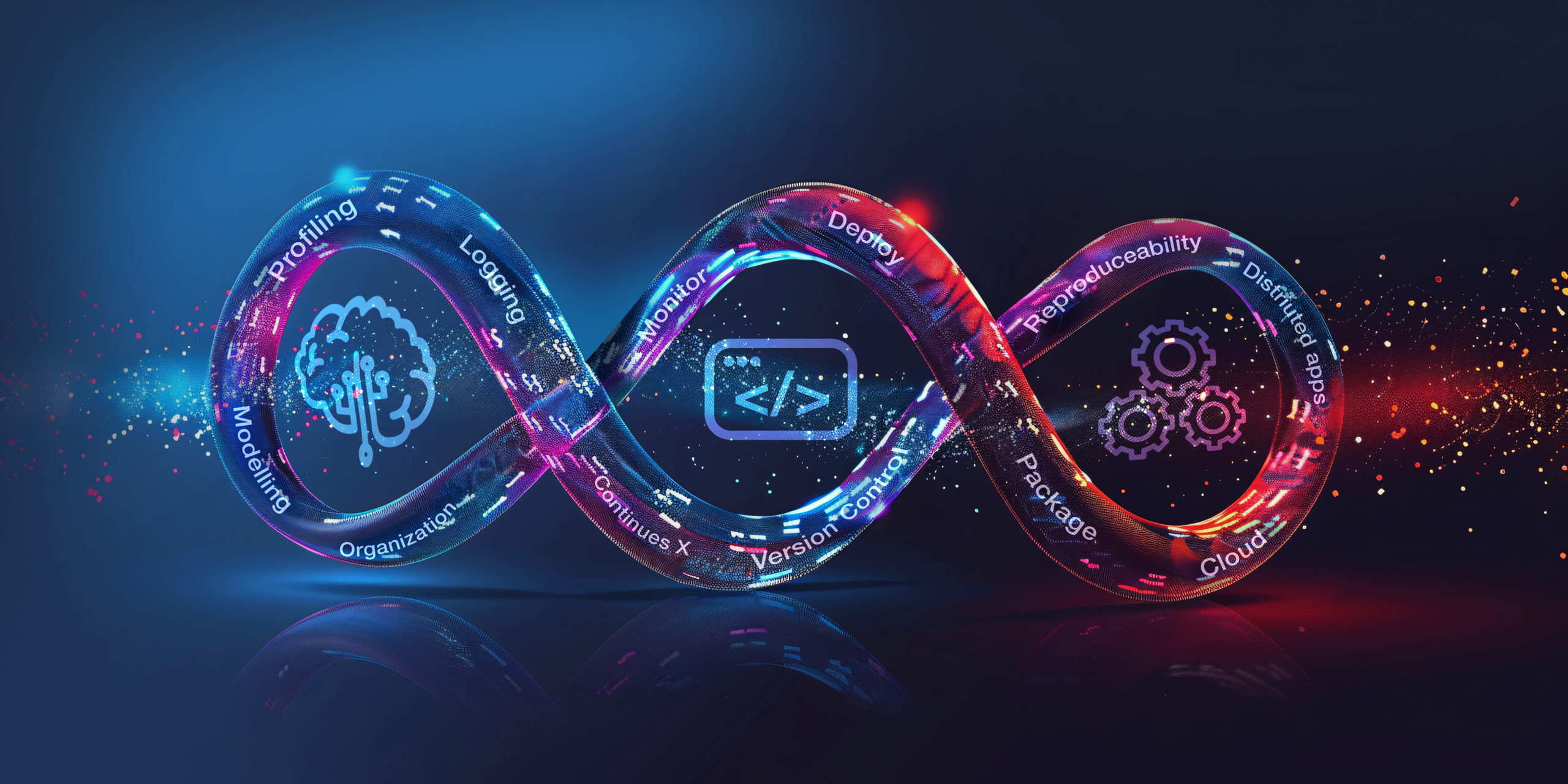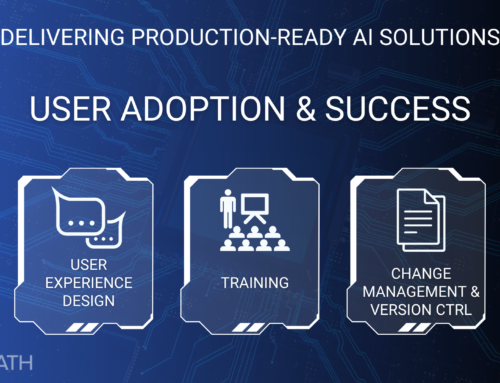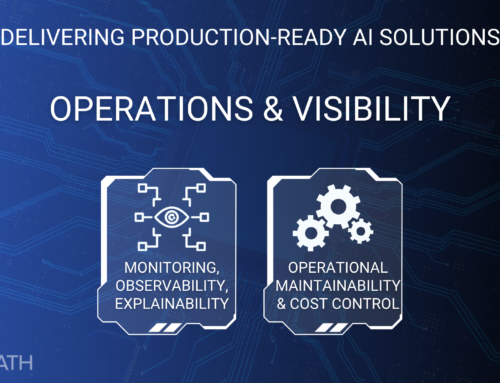MLOps, or Machine Learning Operations, is an evolving discipline that enables enterprise-ready deployment and management of machine learning (ML) models. As organizations increasingly rely on ML to drive business decisions and innovation, the importance of MLOps has surged. Productionizing ML models using MLOps best practices increases the probability that models are not only developed and tested effectively but also deployed, monitored, and maintained efficiently. Central to successful MLOps are data services, integration services, DevOps services, managed services, and lifecycle services, each playing a critical role in the deployment of machine learning models.
Data Services: The Foundation of MLOps
Data is the lifeblood of any machine learning model. Data services encompass the tools, processes, and infrastructure required to collect, store, preprocess, and manage data. In the context of MLOps, data services are crucial for ensuring that models are trained on accurate, relevant, and high-quality datasets.
Key Aspects of Data Services in MLOps:
- Data Ingestion and Storage: Efficient ingestion pipelines are required to handle data from various sources, ensuring it is stored securely and is accessible when needed.
- Data Preparation: Raw data often requires cleaning, transformation, and enrichment before it can be used for model training. Automated data pipelines help streamline these processes.
- Data Versioning: Just as code needs version control, so does data. Versioning allows teams to track changes to datasets, ensuring that models can be retrained on consistent data versions, leading to more reliable results.
Integration Services: Bridging the Gaps
Machine learning models do not operate in isolation. They must be integrated into existing IT ecosystems, which often include databases, applications, and other services. Integration services facilitate this by ensuring that models can seamlessly communicate with these components.
Key Aspects of Integration Services in MLOps:
- APIs and Microservices: These enable models to interact with other applications in real-time, providing predictions or insights as needed.
- Middleware: Middleware solutions allow for the smooth integration of ML models with legacy systems, ensuring that businesses can leverage machine learning without overhauling their entire infrastructure.
- Data Integration: Ensuring that the data used by ML models is consistent and synchronized with other systems is essential for maintaining accuracy and reliability in predictions.
DevOps Services: Ensuring Continuous Delivery
DevOps services in MLOps focus on automating the deployment, scaling, and monitoring of ML models. They ensure that models can be rapidly deployed into production, updated as new data becomes available, and scaled to meet changing demands.
Key Aspects of DevOps Services in MLOps:
- Continuous Integration/Continuous Deployment (CI/CD): Automated pipelines for CI/CD are crucial in MLOps, allowing for the rapid and reliable deployment of models. This ensures that new versions of models, trained on fresh data, can be rolled out without manual intervention.
- Infrastructure as Code (IaC): IaC tools enable teams to manage and provision the underlying infrastructure for ML models in a repeatable and scalable way.
- Monitoring and Logging: Continuous monitoring of models in production is necessary to detect drift, performance degradation, or other issues. Logging provides a historical record that can be analyzed for debugging and improvement.
Managed Services: Offloading Complexity
Managed services in the context of MLOps refer to outsourced services that handle certain aspects of the ML lifecycle, allowing organizations to focus on core business activities rather than the intricacies of model deployment and management.
Key Aspects of Managed Services in MLOps:
- Cloud-Based ML Platforms: Many cloud providers offer managed ML services that handle the infrastructure, scaling, and even aspects of model training and deployment. This reduces the burden on internal teams and allows for faster time-to-market.
- Automated Model Management: Managed services can include tools for automated model retraining, deployment, and monitoring, ensuring that models remain accurate and up-to-date with minimal manual intervention.
- Security and Compliance: Managed services often come with built-in security and compliance features, ensuring that ML models adhere to industry standards and regulations.
Lifecycle Services: Sustaining Long-Term Success
Lifecycle services in MLOps encompass the end-to-end processes involved in managing the lifecycle of machine learning models, from development to decommissioning. This holistic approach ensures that models remain effective and relevant throughout their lifecycle.
Key Aspects of Lifecycle Services in MLOps:
- Model Development and Experimentation: Tools and platforms that facilitate experimentation with different algorithms, features, and hyperparameters are essential for developing robust models.
- Model Validation and Testing: Lifecycle services include rigorous validation and testing of models to ensure they meet performance and accuracy standards before deployment.
- Model Monitoring and Retraining: Continuous monitoring of model performance in production is necessary to detect drift or degradation. Retraining models on new data is crucial to maintaining their effectiveness.
- Decommissioning: As models age or become obsolete, lifecycle services ensure that they are safely decommissioned, and their data and results are archived for future reference.
Conclusion
MLOps is an indispensable discipline for organizations looking to harness the power of machine learning in a reliable, scalable, and efficient manner. By leveraging data services, integration services, DevOps services, managed services, and lifecycle services, businesses can ensure that their ML models are not only successful in development but also in production, driving tangible value and innovation. As the field of machine learning continues to evolve, so too will the practices and tools within MLOps, making it a critical component of any forward-thinking organization's strategy.





